My initial assessment of homeschooling regarded it as a curious idea that sounded great…if only someone else would do it for me!
Maintaining a tidy house while parenting younger children was already a struggle, let alone teaching my own children language, math, and science. I liked learning alongside the kids but lacked profound patience and super organizational skills. Still, several encounters moved me toward that path.
Noticing the Best in Others
Most strikingly, I recalled the first homeschooled students I met among my college classmates. They amazed me with their solid self-discipline, expert abilities to balance studies with social life, and deep respect for their parents.
Also, I soon met several families who had embarked on the homeschool journey with their own kids. These parents were firm yet fun. Some even struggled with keeping calm among boisterous children. However, each family admirably desired to give their kids the best of themselves.
When it came time to research schooling options for my oldest child, our family had already added a toddler and a baby to the household. Admittedly, I was counting the days until I could send off my son on the bus. But as that big day approached, the school hours away seemed awfully long.
My husband read a copy of Dr. Mary Kay Clark’s Catholic Homeschooling and encouraged me to look through it; I resisted.
Answering Questions Together
My inquisitive son often came to me wondering things like, “What color do you think dinosaurs were?” Or he would ask, “How many babies do most families in the world have?” And one day during Lent, he questioned, “Why would people be mean to God?”
I enjoyed being the first to hear my son’s questions and explore the answers with him. Still, I simply wanted life to get…simpler.
Eventually, I recognized the daily learning already occurring in my home. Academics merely added another avenue through which to learn about God’s creation.
Finally, I took my kids to a playdate at McDonald’s. My preschooler and toddler followed me, holding their happy meals while I carried the baby, a salad, and a large diaper bag. I stood at the play area entrance, considering how to open the door. Then a young boy pulled the door open, saying, “Here, ma’am, let me get that for you.” My heart swelled with gratitude. I knew him as part of a homeschooling family.
I wanted my son to one day be like that. I went home, started reading Dr. Clark’s book, and was sold.
Educating the Whole Child
My family embarked on the homeschool journey primarily as a pathway for teaching love of God and country. Homeschooling has undoubtedly provided that, along with a means for fostering intimate relationships, helping one another, and watching each other learn while also having fun together.
Homeschooling is much more than teaching school at home; it is primarily fostering relationships and building home life while learning about God and creation.
My reasons for homeschooling have remained much the same over the years. However, the world has grown more complex. I have been asking myself lately, “What are the most important lessons to bestow on the kids right now?” There is a lot of uncertainty all around us. Uncertainty in the Church. Uncertainty in the country. Uncertainty about taking risks and preserving life.
In such times, I slow down, step outside, and refocus on the people and things in my charge. I find that when life seems topsy turvy—be that welcoming a new baby, caring for a sick parent, or moving to a new house—the rhythms of homeschooling confirm a sense of security for the children.
The routine also reminds us parents that no matter what is going on in the world, we are called first and foremost to care for our small domestic church.
Life on the Rock
As a new homeschooler, I had many dreams about exposing my kids to the wonders of religion, history, and the arts. Lately, in society, I see a crisis of courage and consider, “How can I instill a love for truth and encourage bravery in an increasingly hostile world?”
Certainly, we want to prepare our kids to receive a diploma. Yet, we must also contemplate what tools they will need to survive in this quickly shifting culture.






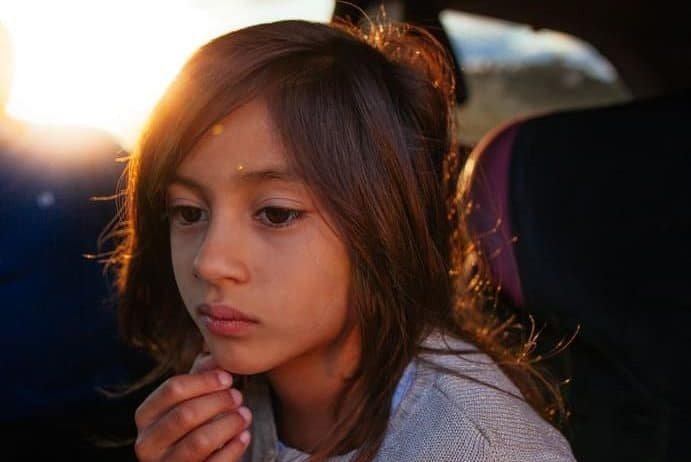
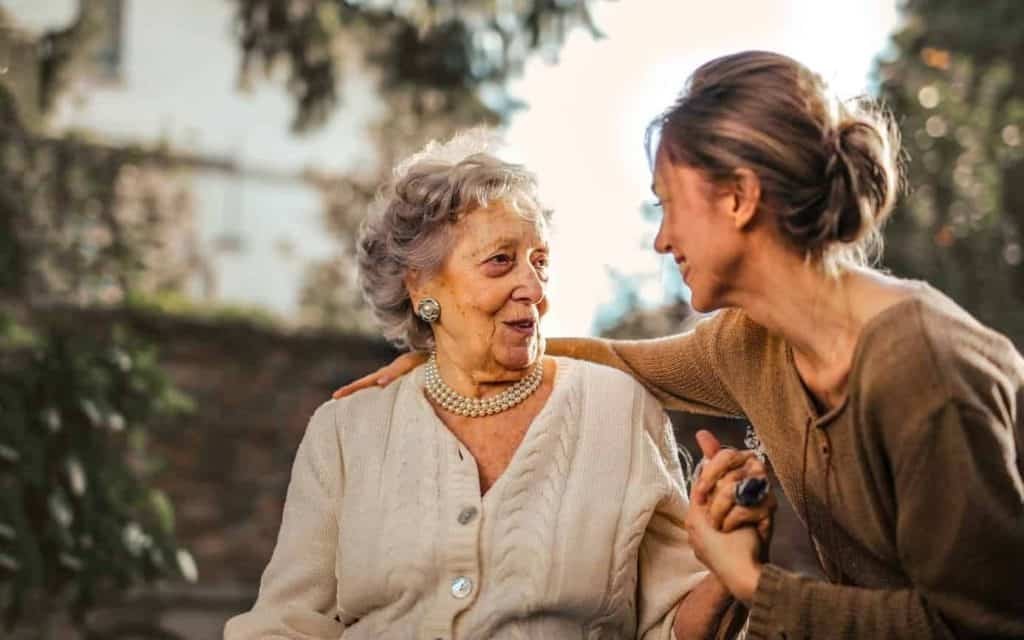
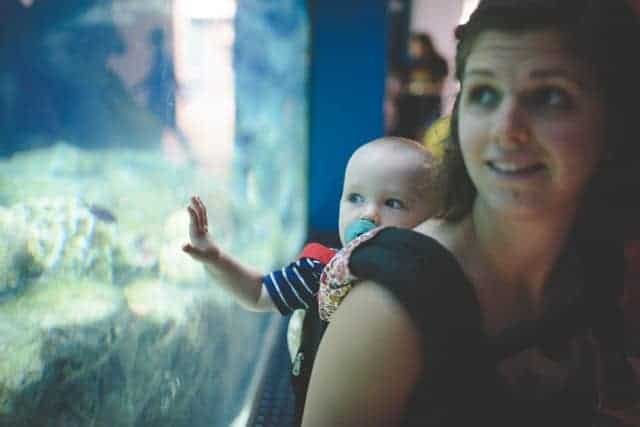


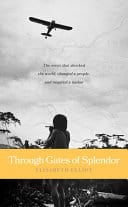

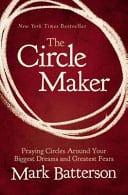
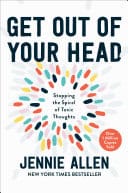




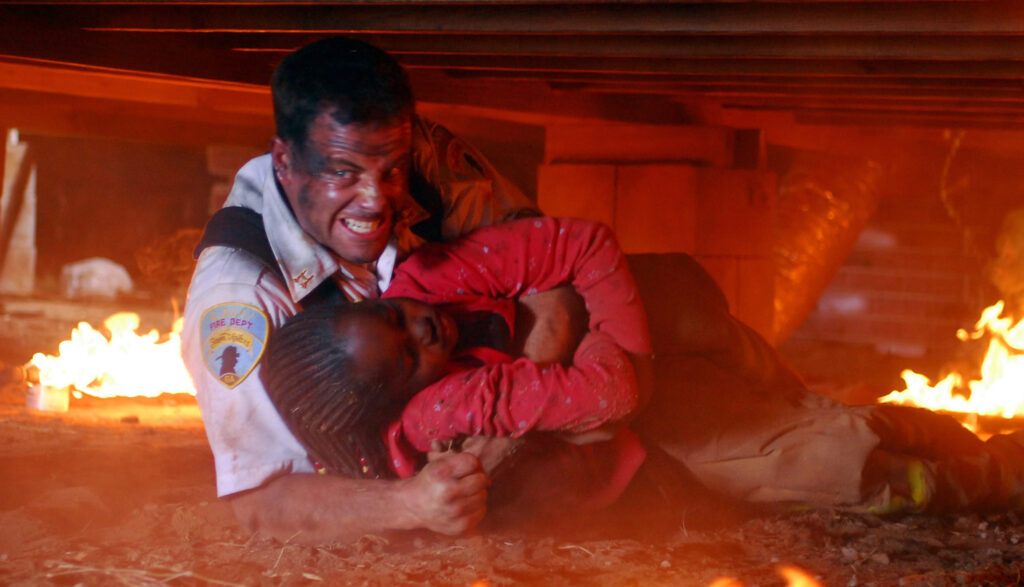

Leave a Comment